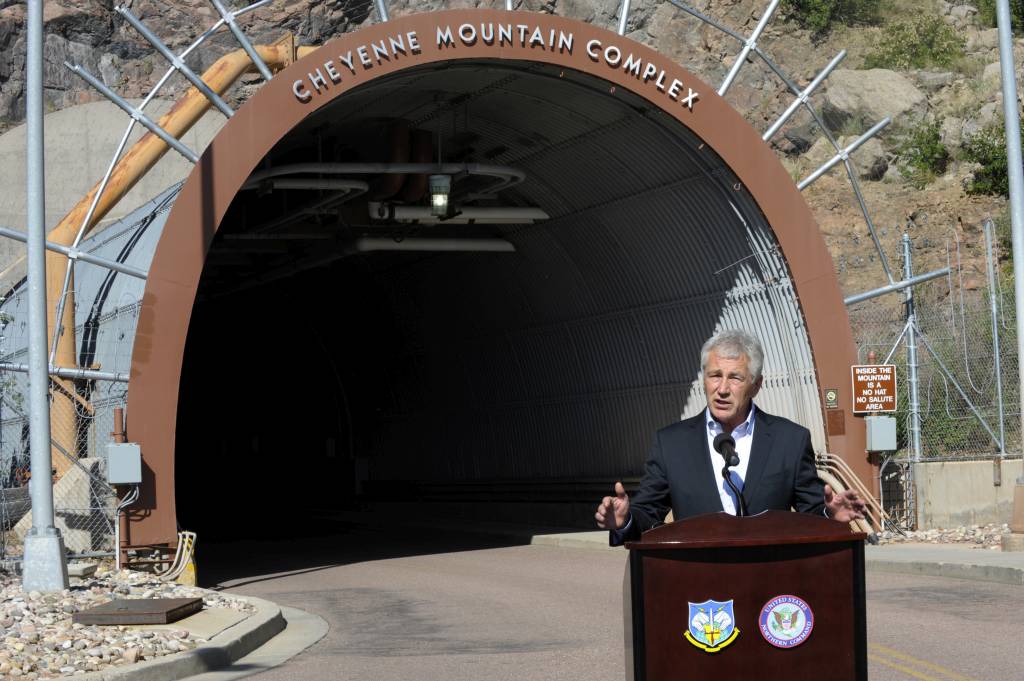The United States is “deeply concerned” by some of China’s behavior but the top world powers do not need to be adversaries, US Defense Secretary Ashton Carter said Monday as he prepared to head to Asia for key talks with regional allies.
Speaking at Arizona State University before a trip aimed at underscoring President Barack Obama’s strategic “rebalance” towards Asia, Carter said the US remained committed to helping maintain peace in the region.
But the Pentagon chief said Washington was troubled by China’s activities in the realms of defense spending, cyber-space and regional territorial spats.
“We and many other countries are deeply concerned about some the activities China is undertaking,” Carter said.
“Its opaque defense budget, its action in cyberspace, and its behavior in places like the South and East China seas raise a number of serious questions.”
An escalation of tension between the United States and China need not be inevitable, however, Carter said.
“The US and China are not allies but we don’t have to be adversaries. A strong constructive US relationship is essential for global security and prosperity,” he said, acknowledging that Sino-US relations would be “complex” as both nations sought to “compete and cooperate.”
Carter noted agreements signed between China and the US last year aimed at building confidence between the two superpowers and said another pact to prevent “dangerous air-to-air encounters” would be completed later this year.
“Assuring peace and prosperity and progress across Asia Pacific as China continues to rise will be your generation’s central strategic challenge,” Carter told his audience.
The Obama administration’s “rebalance,” he argued, was “helping create the right incentives and conditions to encourage China to play by the rules of principled international order.”
Carter’s trip to Asia is the first of two scheduled in the coming months. He will stop in Tokyo and Seoul before meeting the head of US Pacific Command in Hawaii on his way back to the United States.
In his visit to Japan, Carter’s talks will focus on new guidelines for the two countries’ military cooperation that are expected to be signed later in April, officials said.
The guidelines would set out an expanded role for Japan’s Self-Defense Forces, allowing Tokyo’s troops to come to the aid of US forces under attack.
After two days in Tokyo, Carter on Thursday will head to Seoul, where he will “reiterate” Washington’s strong commitment to South Korea’s security in the face of provocations and threats from the North Korean regime.
On Saturday, Carter is due to meet top officers at the US military’s Pacific Command headquarters in Hawaii.
Carter will return to the region in May for the annual Shangri-La security conference in Singapore followed by a visit to India, which he has worked closely with in the past to bolster defense ties.











